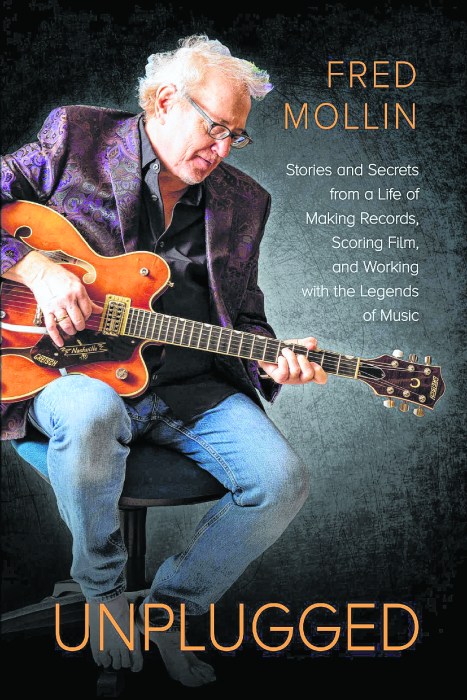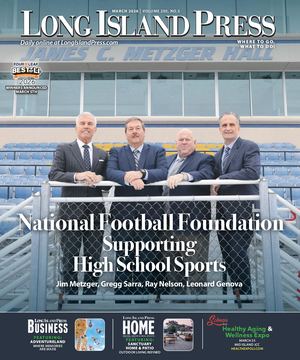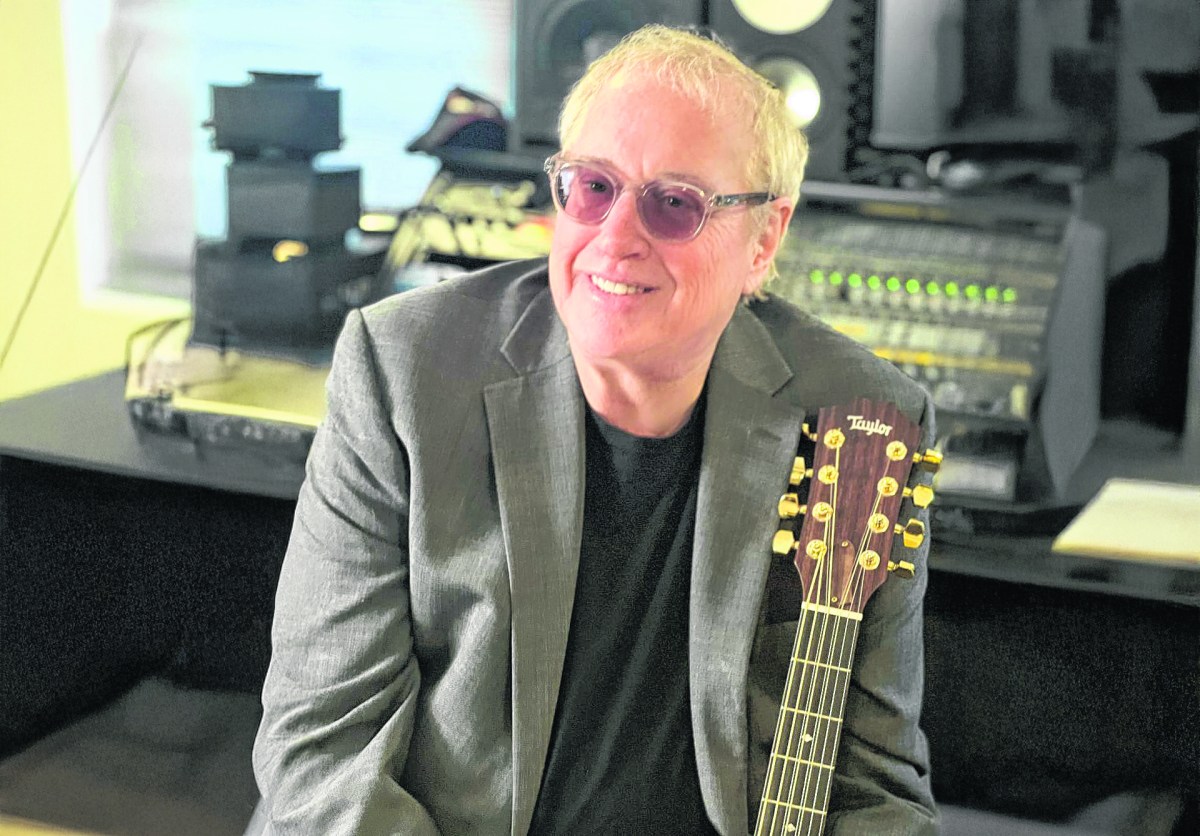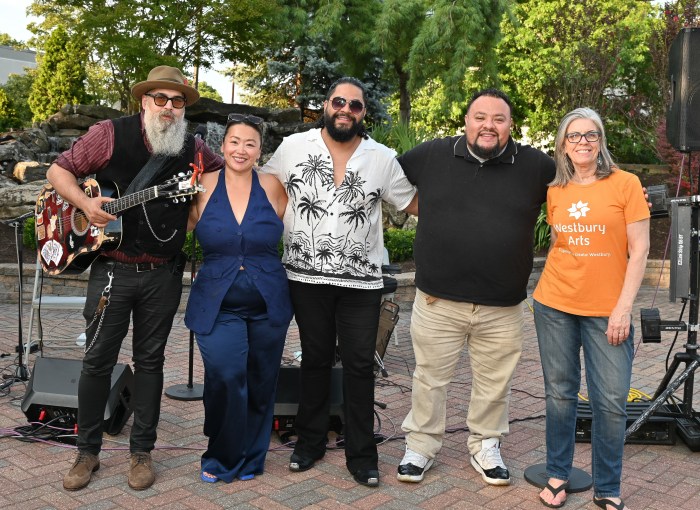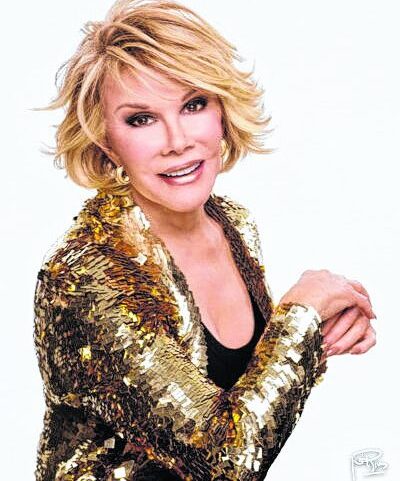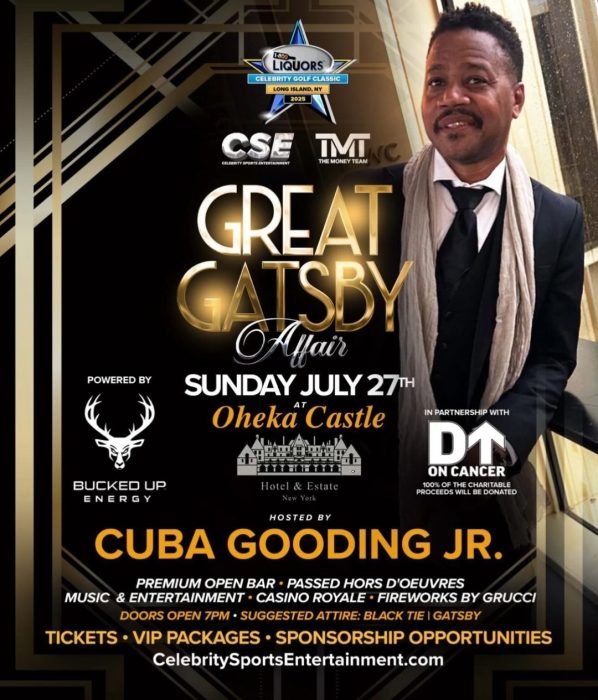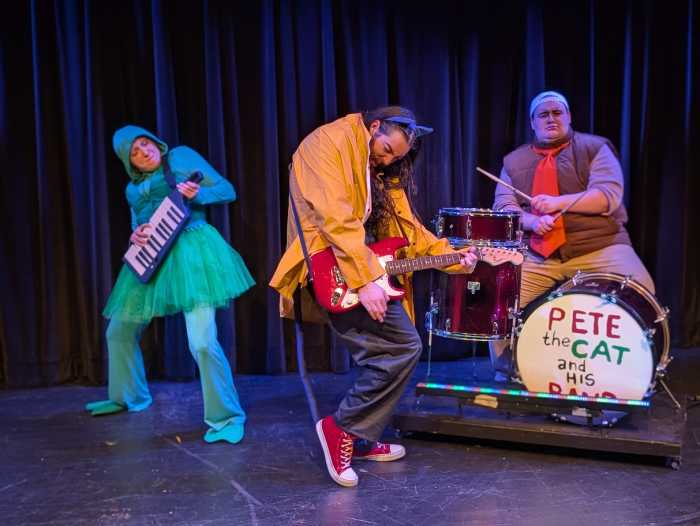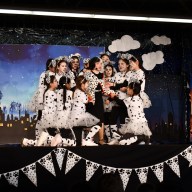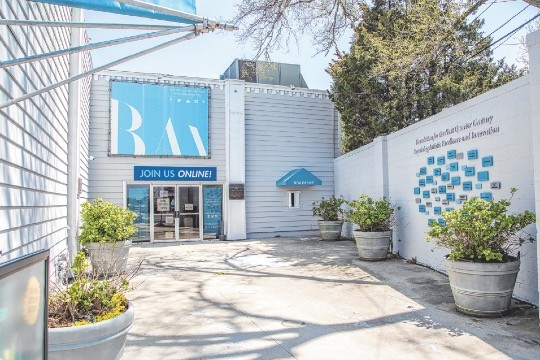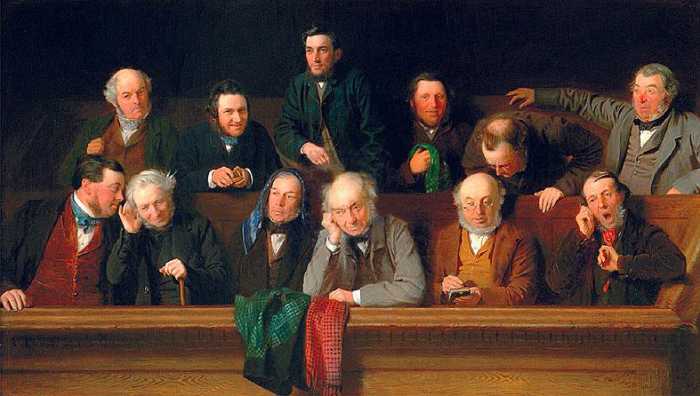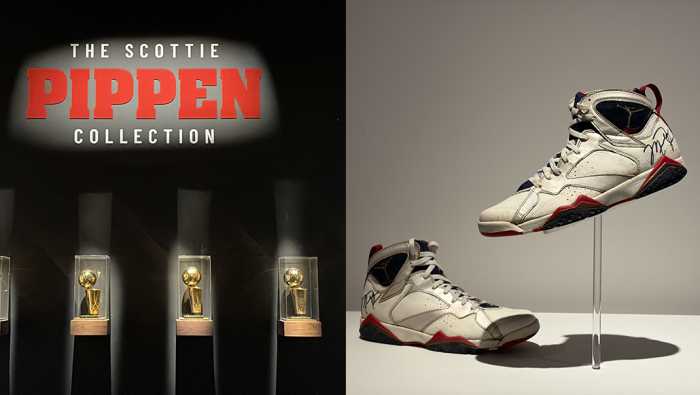The name Fred Mollin may not be familiar, but his work certainly is. He is a multi-faceted record producer, musician, songwriter, and film and TV composer who first gained recognition for producing Dan Hill’s international hit “Sometimes When We Touch.” He went on to produce albums for legendary artists like Johnny Mathis, Billy Joel, Linda Ronstadt, Jimmy Webb, and Kris Kristofferson.
Mollin gained great success in television and film, scoring major motion pictures including Friday the 13th sequels and TV series Beverly Hills 90210 and Friday the 13th: The Series. His children’s music for Walt Disney Records has received widespread acclaim.
Now Mollin, who grew up in Merrick, releases his memoir Unplugged: Stories and Secrets from a Life of Making Records, Scoring Film, and Working with the Legends of Music. This fascinating book chronicles the music industry, offering behind-the-scenes celebrity stories and a glimpse into his remarkable career.
It was a pleasure to talk with Mollin prior to his appearance at The Long Island Music and Entertainment Hall of Fame on Aug. 31.
What pops to mind when I say Johnny Mathis?
He is the kindest, most loving and most loyal human being I’ve ever known, much less produced. He made some 80 albums and is one of the top male vocalists in the history of recorded music.
When you produced the Johnny Mathis and Billy Joel duet, they were in different sound booths. Is that generally how it’s done?
No, like with the Barbra Streisand duets albums, Streisand would probably do her vocals ahead of time and then the duet partner would come in and do their parts over the original recorded vocals. Many times, the duet person would do their part somewhere else and you would have to fly there. But on the Johnny Mathis and Billy Joel duet, Billy wanted to do it with Johnny live with our studio musicians, so they were in two separate booths but they could see each other, which is great.
Haven’t you produced Jimmy Webb several times?
Jimmy’s like family. I’ve been producing Jimmy and working with him since I was 24. I was so inspired by Jim and so motivated as a musician, songwriter and record producer by his early work. He was 21 when he wrote MacArthur Park. In my opinion, Jimmy is a latter-day George Gershwin except that he wrote the lyrics too. He’s a genius and he is my beloved artist and friend.
Did you ever receive royalties for producing Dan Hill’s hit “Sometimes When We Touch” though the record label went bankrupt?
I lost about $1,000,000 in royalties that were eaten up by the bankruptcy. Down the road, my partner Matt McCauley and I started to see money come in once the album and single were released by different labels, but nothing like it would have been had that initial label not gone bankrupt.
How was it to make the transition from horror films like Friday the 13th to Disney lullabies?
I had an extremely successful 15 years of composing TV and film scores from 1985 till 2001. Just like an actor gets typecast in certain roles, TV and film composers get typecast and I started to get a lot of horror movies and sci-fi. I was happy to be typecast, to make music and get well paid. Jay Landers, who was head of A&R for Walt Disney Records, knew my work and offered me the Disney lullaby album. Being an instinctual musician and composer, it was no transition at all. I’ve done seven instrumental lullaby albums and they’ve sold wildly well.
Clive Davis cut you from producing Melissa Manchester’s “Don’t Cry Out Loud” because you asked, what about the record you were currently producing for Randy Edelman. You said the lesson was, when the boss tells you to do something, you do it. But isn’t doing the honorable thing more important?
I work honorably in my life, absolutely. But when you’re only 24 and working with Clive Davis, who’s considered the most powerful man in the record business, you have to understand that if you want to play with those folks you do what they tell you or you decide not to.
It wasn’t my intention to quit working with him on this project he offered us. He was so callous, though. I simply said, we’re in the middle of working on Randy Edelman’s album which you told us to do two months ago. I asked if he wanted me to call Randy and let him know that we’ve postponed, or does he want to. He said you don’t get it, hung the phone up and called Harry Maslin, another great producer.
Clive had no patience, he’s a machine, and the lesson I learned is, when you’re working for someone in those exalted halls of show business, you have a choice. You do what they tell you to do or you say this isn’t for me. I wanted some humanity and I didn’t get it that day.
What is the comping process in record producing?
Comping is a composite of different vocal passes, using the best parts of each vocal and then putting it together seamlessly so that it sounds like a live vocal, except it’s not. It’s analogous to what a film editor does where there are numerous takes of a scene and he’s editing using the best parts of each scene. We want the audience to believe what they hear is one performance.
What was it like to produce Linda Ronstadt’s last recording?
If someone asked me what the most important session was you’ve ever done with an artist, I would say Linda. In 2010, we were doing the first of two duet Jimmy Webb albums. When it came to picking the right person for the song “All I Know,” which I think is one of the greatest love songs ever written, I suggested Linda Ronstadt and Jimmy said yeah, but there’s a problem, she has lost control of her singing voice. She’s gone to all sorts of specialists, but nobody can figure out what’s going on so she stopped recording and performing.
I said to Jimmy, how about calling her to see how things are in case her voice is working better now. Maybe she can do the four lines of solo and a couple lines of harmony. Jimmy called her and she said I’m still the same. He talked to her for a while and Jimmy told me she said if Fred Mollin comes to San Francisco and works with me, I’ll try to do it.
I went. We got in the studio and tried to get a bunch of different vocal passes. She couldn’t actually sing a scale without her voice going into convulsions. I said, I’ll put the best of it together and she said, if I like it I’ll let it go but if I don’t like it, sorry, I won’t let it go. I got some wonderful moments, comped it and sent it to her. She said it’s good, I’ll let you use it. I am so grateful I had a chance to do this with her. She was finally diagnosed with a Parkinson’s-like disease, supra nuclear palsy. She’s an important part of America’s music culture, a real pioneer and hero.
You write that you consider your life a wonderful work in progress. What’s next for your wonderful work in progress?
I have two albums coming up. One in October with Jimmy Webb and an album with Neil Donell, who has been the lead singer of the band Chicago for about five years.
